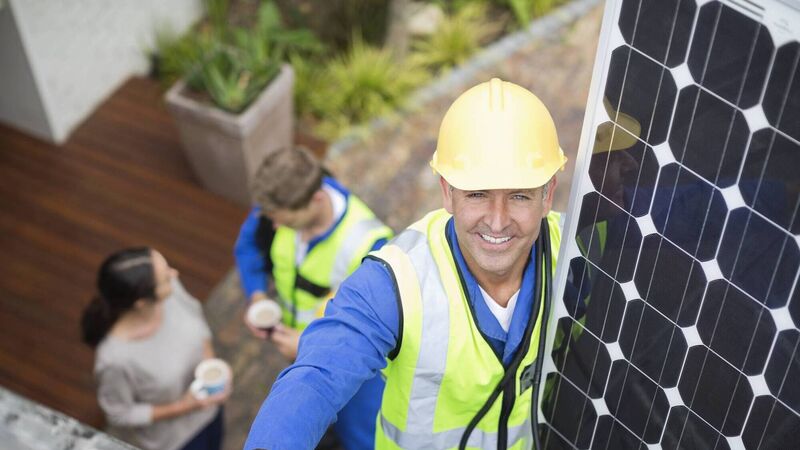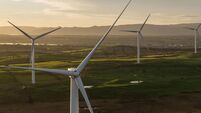Investors in solar energy are gaining instant benefits

Each week, almost 1,000 new solar rooftop systems are currently being connected across Ireland. Industries and homeowners who have installed solar energy systems say they are seeing instant savings in their energy costs and rapid returns on their investment.
Irish industries and homeowners are increasingly seeing rapid returns on their investments in and commitments to solar power.
Solar Ireland, a representative group for the promotion of solar power, says that solar is now Ireland’s fastest-growing renewable energy source. Each week, almost 1,000 new solar rooftop systems are currently being connected across Ireland.














